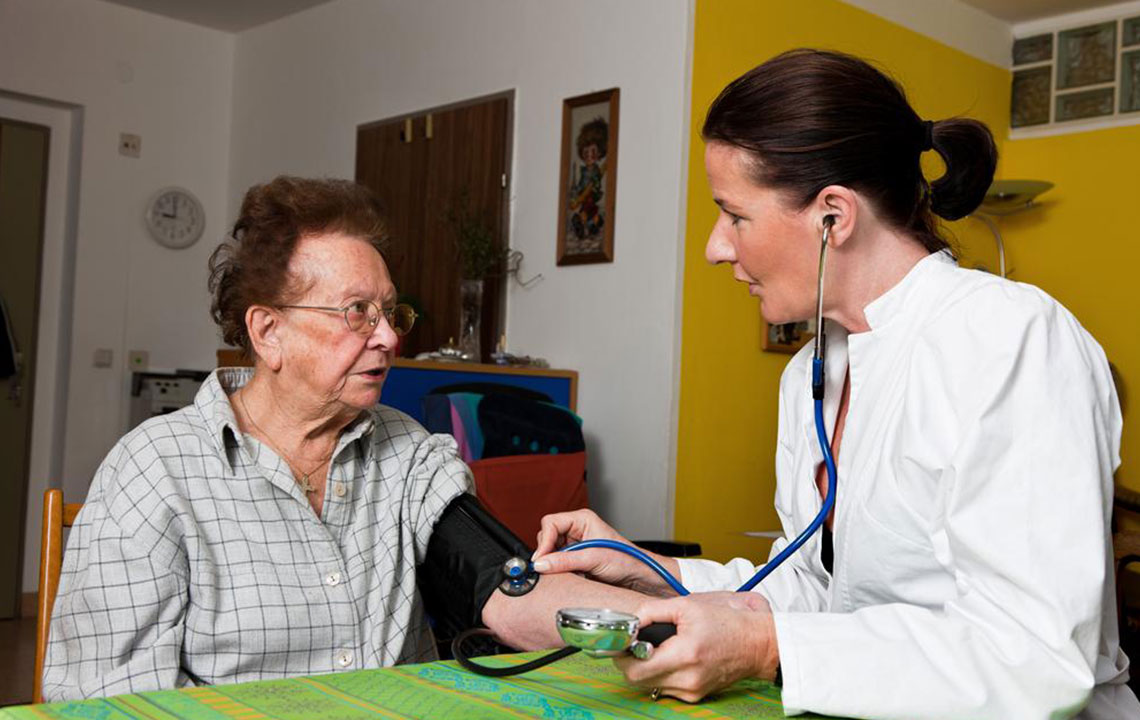The Role of a Family Nurse
A family nurse is medical professional who specializes in educational and clinical training in family practice. They are highly qualified, which makes them well trained in providing extensive and personalized care to patients. Family nurses are trained to provide required care to children and adults both in the context of a family setting. They help the patients maintain their health and wellness over the long term while focusing on preventive care alongside.

Reasons to hire a family nurse
Most people hire a family nurse as there has been a decline in the number of primary care providers and their requirement can be fulfilled by a family nurse. Family nurses are well trained in helping the patient manage their acute and chronic illnesses, which helps the patients improve their quality of life. They hold a long history of engaging themselves in caring for their patients, who can be anyone from children to adults.
Family nurses also educate their patients on their illnesses and the practical measures they must take for improvements. There are several roles of a family nurse that one should know about.
Role of a family nurse
- A family nurse monitors health and wellness and minor illnesses of people of all ages. They also assess and diagnose health conditions along with conducting routine physicals.
- Family nurses take the responsibility of designing and carrying out treatment plans for acute and chronic illnesses.
- They provide primary health care that has its own set of responsibilities.
- A family nurse would prescribe medications and other therapies. They order and interpret lab and other diagnostic tests as well and assist in minor surgeries.
- They make appropriate referrals and work independently with other healthcare teams
The ideal work setting for a family nurse would involve clinics, private offices, home health care, community health centers, school clinics, hospice centers, and nurse-managed health centers.
Things to know about family nurses
- Finding them – Various health care settings can help one find a family nurse. There are also certain websites that allow people to hire family nurse practitioner online.
- How they help – Family nurses are there to fill the unmet needs to patients especially when they are suffering from certain severe conditions like rheumatoid arthritis, chronic obstructive pulmonary disorder (COPD), and heart failure. They provide care for all type of diseases and illnesses.
- Partner with health care team – Most family nurses often collaborate with other physicians to help a patient get the best possible care.
- Well educated – Family nurses are well-trained and possess knowledge close to that of a doctor without losing their caring side. This helps them not only provide care to the patient but also help them in treating their illness.
- Insurance covers family nurses – As most family nurses come under primary care providers, their cost gets covered in the insurance. Although, in cases where a family nurse does not come under the primary care provider, the patient needs to go for a physician to save the extra cost of a family nurse.
Skills and qualities a family nurse should possess
- Compassion
- Communication
- Attention to detail
- Confidence
- Adaptability
- Critical thinking
- Ethics
- Commitment to development
Finding a family nurse practitioner
- Knowing the requirements- Though most family nurses are trained to take up most types of caregiving, it is still beneficial for people to know what kind of help they would require from a family nurse. This will help them ask the right questions to the potential family nurse during the selection process. It also helps the nurse understand the unique needs of the family or patient.
- Check the skills- Checking a nurse’s qualifications and experience is an important prerequisite while hiring one. A family nurse should be skilled at providing quality care to the patient when needed. To ensure a nurse has these skills, it is important to check their qualifications that include a bachelor’s degree in nursing and working knowledge of relevant software like an electronic medical record (EMR). One can also check the family nurse’s previous work records and recommendation to gauge their potential better.
- Look for them online- There are several websites that can help one find a family nurse, especially the ones who work independently. Family nurses can also be found through several family nurse organizations.
- Interviewing nurses- Interviewing a potential family nurse can involve asking questions related to their experience, how they managed difficult and demanding patients, what they expect from their current work, what are their work ethics and values, their proficiency with computer software, and their career goals. These questions can help one understand the candidate better before they make their hiring decision.
Family nurses are individuals who are trained to work in diversity, which makes them a better alternative to other forms of personalized care providers. Medical institutions can now focus on family nurses along with primary care providers as they can fill the gap efficiently.